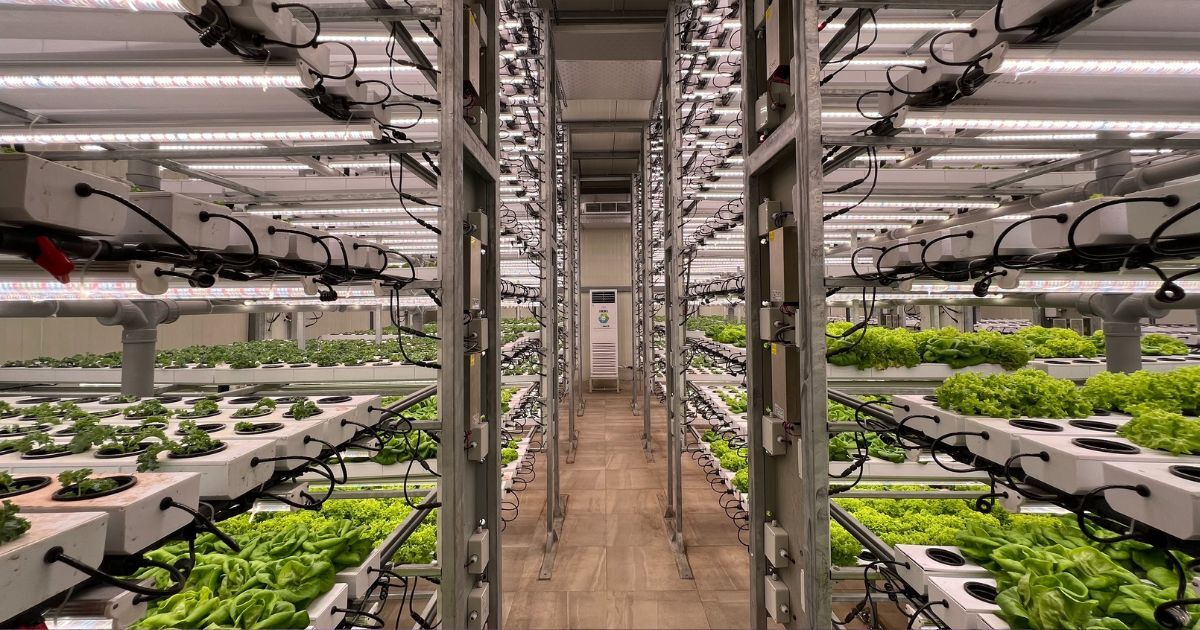Artificial Intelligence at the Service of Education

Purchased on Gettyimages. Copyright
Passionate about research, but especially about teaching, Ange Tato uses her expertise in artificial intelligence to personalize learning to student profiles.
“Online teaching is here to stay. So, the goal is to detect comprehension issues and solve them in real time,” explains Ange Tato, a senior lecturer of Computer Science at ÉTS. When you’re teaching in a classroom, you’re talking to a group. If some students can’t grasp one aspect of the course or another, it’s difficult to provide individual attention to everyone. So, Professor Tato developed adaptive tools. The idea is to train neural networks—those of the computer networks, not the students—to leverage collected data in order to offer learners a degree of complexity matching their skill level and assistance adapted to their needs. This way, the machine can “read” the user’s cognitive state and adjust accordingly.
For Ange Tato, the future of education is artificial intelligence, but one she hopes will evolve in harmony with humans.
Computers: A Natural Connection

ÉTS senior lecturer Ange Tato
As a young student in Cameroon, Ange Tato couldn’t decide between medicine and the world of software. She went to pursue her studies in Morocco. Her love of programming and her natural inclination toward mathematics led her to computer science. After graduating from the Mohammedia School of Engineering in Rabat, Morocco, Ange Tato had to choose between France and Québec for her graduate studies. She has family in both countries, but integration seemed easier in Québec.
Two professors were ready to welcome her into their program, namely Roger Nkambou, a full professor in the Computer Science Department at UQAM. His fields of interest included artificial intelligence based on human modelling. “That’s what I wanted to do,” says Ms. Tato. Two other professors at Université de Montréal, Claude Frasson and Aude Dufresne, also guided her in her doctoral and postdoctoral studies. “My co-directors are the people who have had the greatest influence on me because they helped me thrive in a field of research that I was passionate about.”
Ange Tato holds a master’s degree and a PhD in computer science from Université du Québec à Montréal. She is expanding her field of expertise by contributing to the development of 3D game-based technologies or games that integrate augmented reality. Specifically, she is collaborating on the development of a game designed to improve socio-moral development, a project led by Professor Miriam Beauchamp of Université de Montréal.
So Let’s Play!
A walker’s wallet falls to the sidewalk without their knowledge. The learning player must decide whether or not to retrieve the wallet, and if retrieved, whether to give it back to the person or keep it. Algorithms developed by Ange Tato and her team predict the reactions of the learning player. “Ten minutes of interaction with the player is enough to know their learning style and to adjust the game according to these characteristics,” explains Ms. Tato.
Taking into account a learner’s sensitivity, Tato will change some elements of the graphic interface or choose softer background music, whereas, for another type of learner, she will increase the pace of the segments. By modifying the game parameters, Ange Tato adds an emotional dimension that facilitates user acceptance of this learning system.

Expert Knowledge that Goes Unheeded
Despite recent advances in intelligent machines, their ability to form an accurate representation of humans—even after observing them perform various tasks—remains very limited, according to Ms. Tato. Yet, research, knowledge, and information on cognitive psychology could be used. Why model each time from scratch? Ange Tato suggests combining expert knowledge with collected data to improve learner modelling.
Less is More
“It’s not the amount of information about users that makes it possible to model them accurately.” Ange Tato discovered through her research that there is no need to collect a multitude of variables about a learner to build a system. “If we have access to the learner’s emotions and voice, we can build a rich model while minimizing the use of other data.”
ÉTS: The Concrete Side of Things
Ange Tato has taught information technology at UQAM since she began her PhD studies in 2015. But she dreamed of making the leap to an engineering-focused environment combining practice with research. The opening of a teaching position at one of Québec’s largest engineering schools allowed her to make her wish come true. Students at ÉTS can now benefit from her vast experience in interactive teaching and… smart learning.


